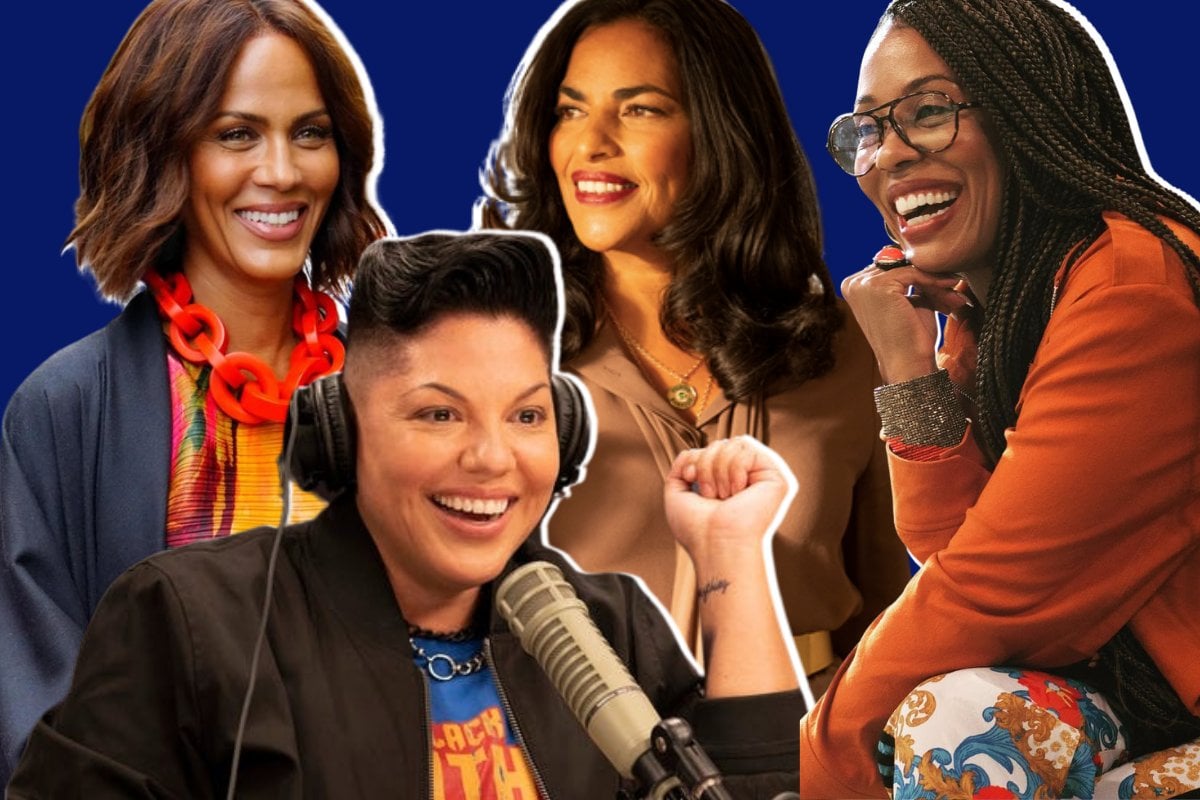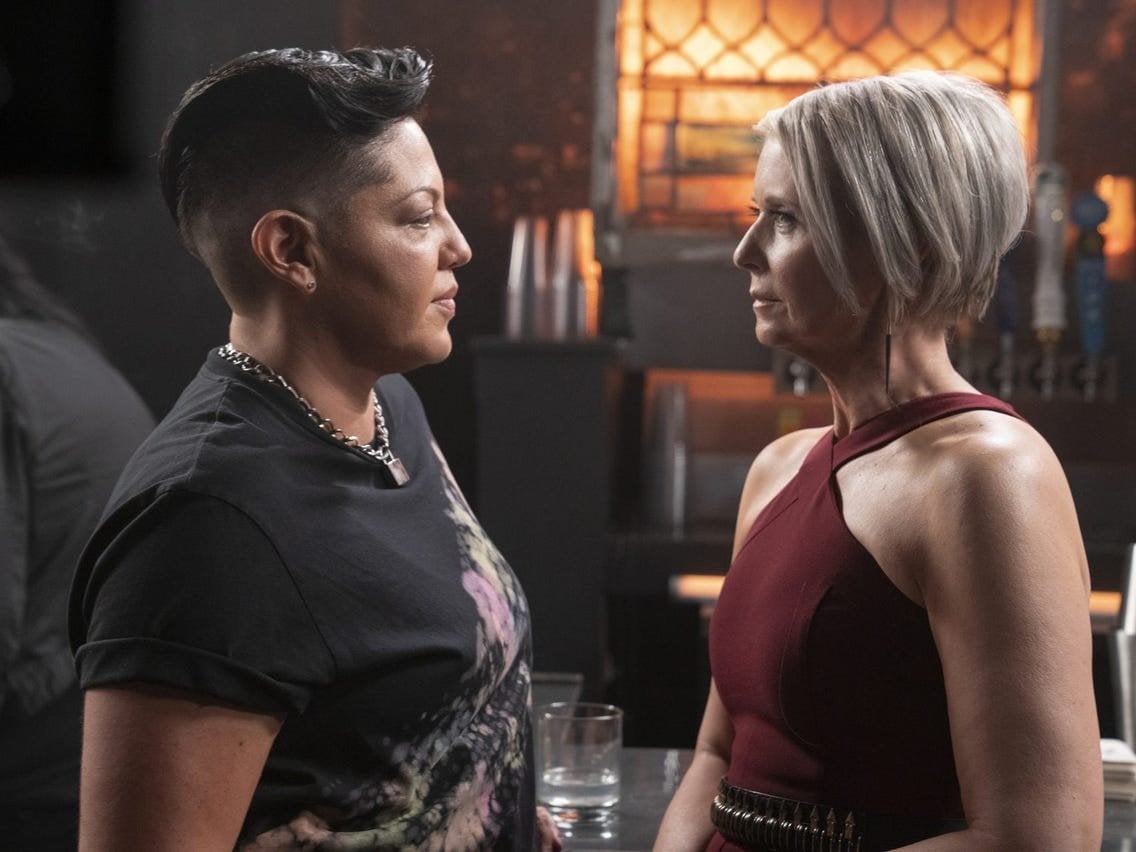
When I told my younger sister I was writing an opinion piece on Binge’s hit series And Just Like That, she said – and I quote – “I feel like only people your age care about that."
Somebody call an ambulance; I’ve been shot through the heart.
The irony is that when I was younger, I said the same thing to a friend about AJLT’s predecessor, Sex and the City. When SATC launched in 1998, I wasn’t interested in the show at all. The four main characters – Carrie Bradshaw (Sarah Jessica Parker), Miranda Hobbes (Cynthia Nixon), Charlotte York (Kristin Davis), and Samantha Jones (Kim Cattrall) – were in their 30s, living in New York and leading very glamorous lives.
I was a 16-year-old high school student living in the Islands. Not only were these characters not relatable, the show wasn’t even on our one (yes, ONE) TV channel in Fiji.
Watch the trailer for And Just Like That. Post continues below.
I came to SATC late, through repeat episodes that ran sometime between 10pm and 12am after I had moved to Australia. To be perfectly frank, I can’t remember what happened in most of the episodes. But I loved Samantha. I liked Miranda and most of the time, I liked Carrie. I tolerated Charlotte.

